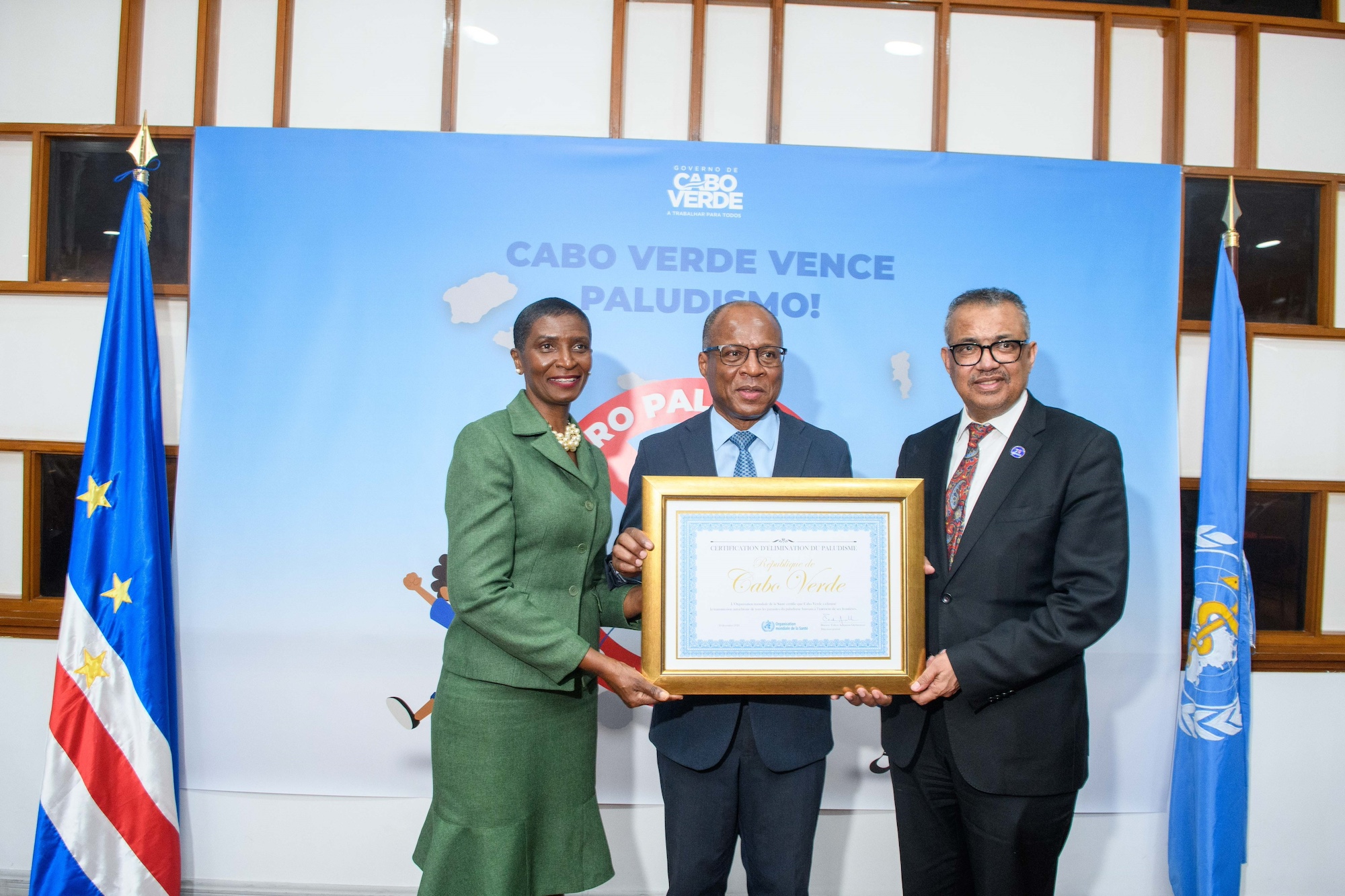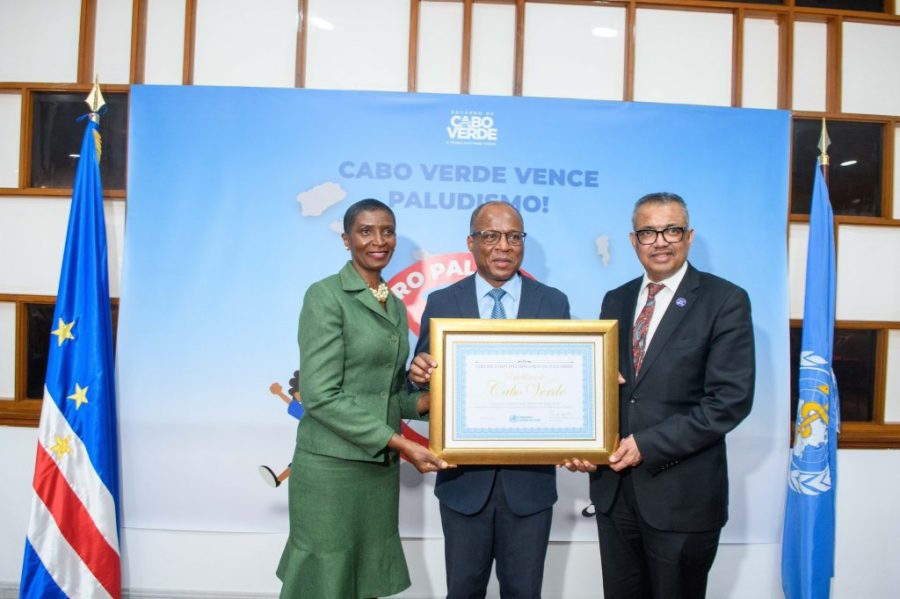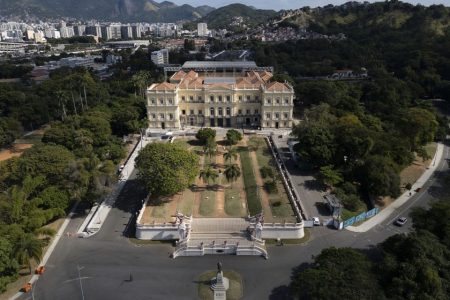Cabo Verde has been certified by the World Health Organization (WHO) as a malaria-free country, marking a significant achievement in Africa’s fight against this deadly disease.
While malaria affects countries around the world, the disease burden falls disproportionately on WHO’s African Region, of which Cabo Verde is a part. Comprising 47 countries, the region accounted for 94 percent of cases (233 million) and 95 percent of deaths (580,000) in 2022.
Cabo Verde’s Prime Minister Ulisses Correia e Silva said the certification would have a “huge impact,” potentially boosting socio-economic activities and tourism – a sector that accounts for roughly 25 percent of GDP.
[See more: Tourism in Cabo Verde reached highest ever levels in 2022]
Cabo Verde is just the third country in the WHO African Region to be certified malaria-free, following Mauritius (1973) and Algeria (2019). The certification requires that a country show rigorous, credible evidence demonstrating that the chain of indigenous malaria transmission by Anopheles mosquitoes has been interrupted nationwide and for at least three consecutive years.
Two previous eliminations in the archipelago (1967 and 1983) fell through due lapses in vector control. A more concerted approach, coupled with hard-learned lessons from the last outbreak in 2017, enabled the Cabo Verde government to eliminate malaria from the last two islands, Santiago and Boa Vista. The country hasn’t recorded a single case since 2017.
The effort also yielded systems and structures that strengthened the health system in the country, preventing the return of malaria and contributing to the fight against other mosquito-borne illnesses like dengue fever.






